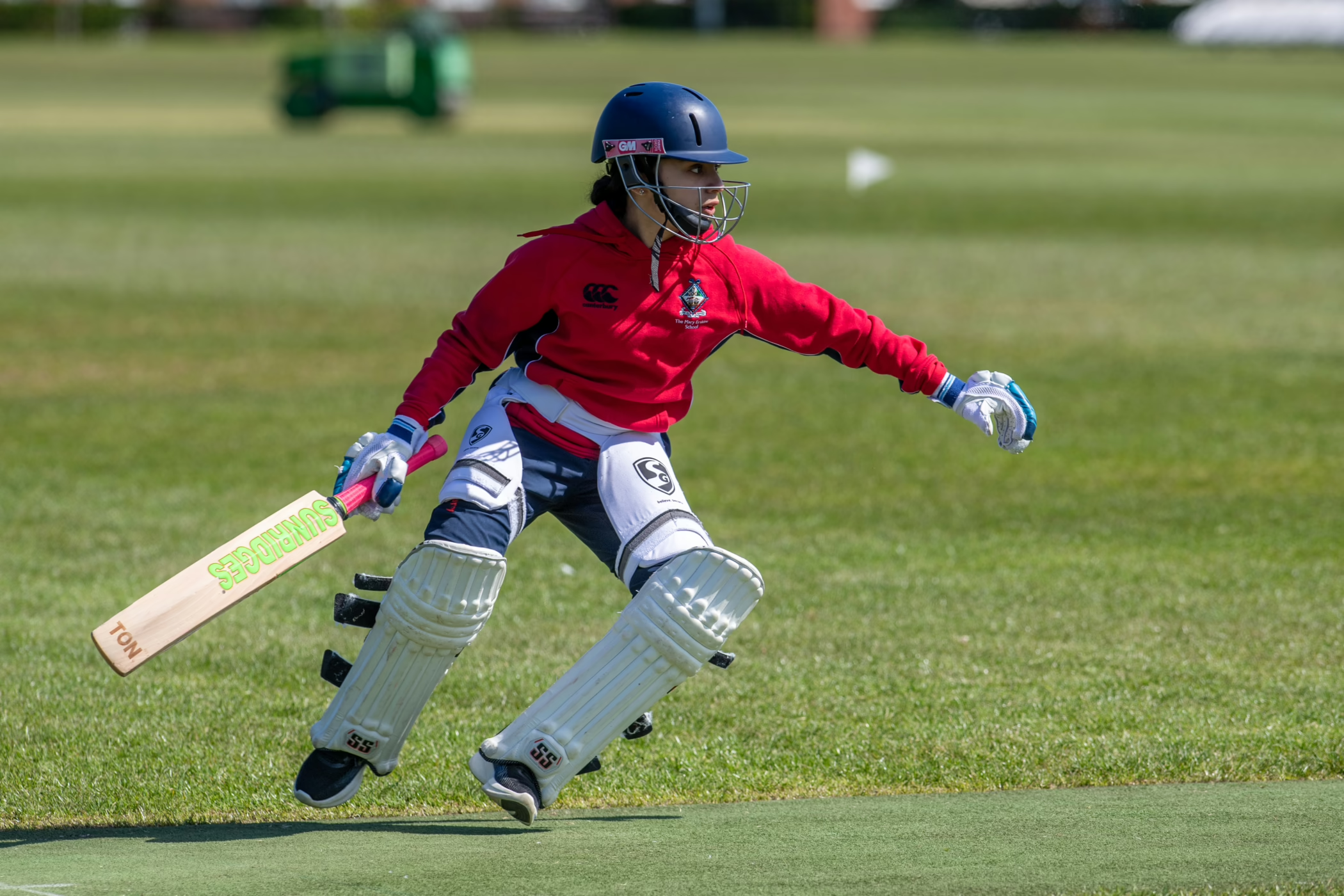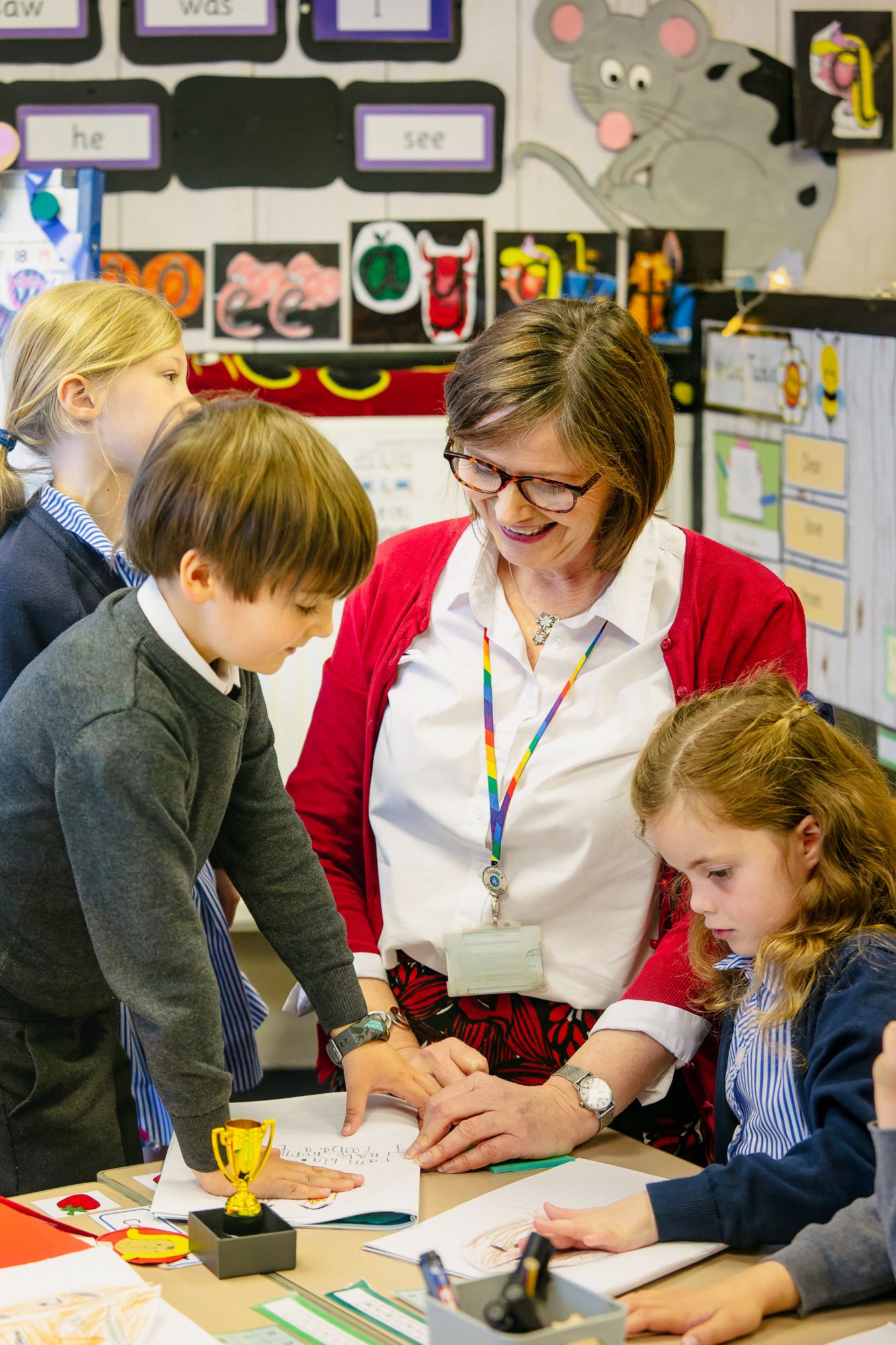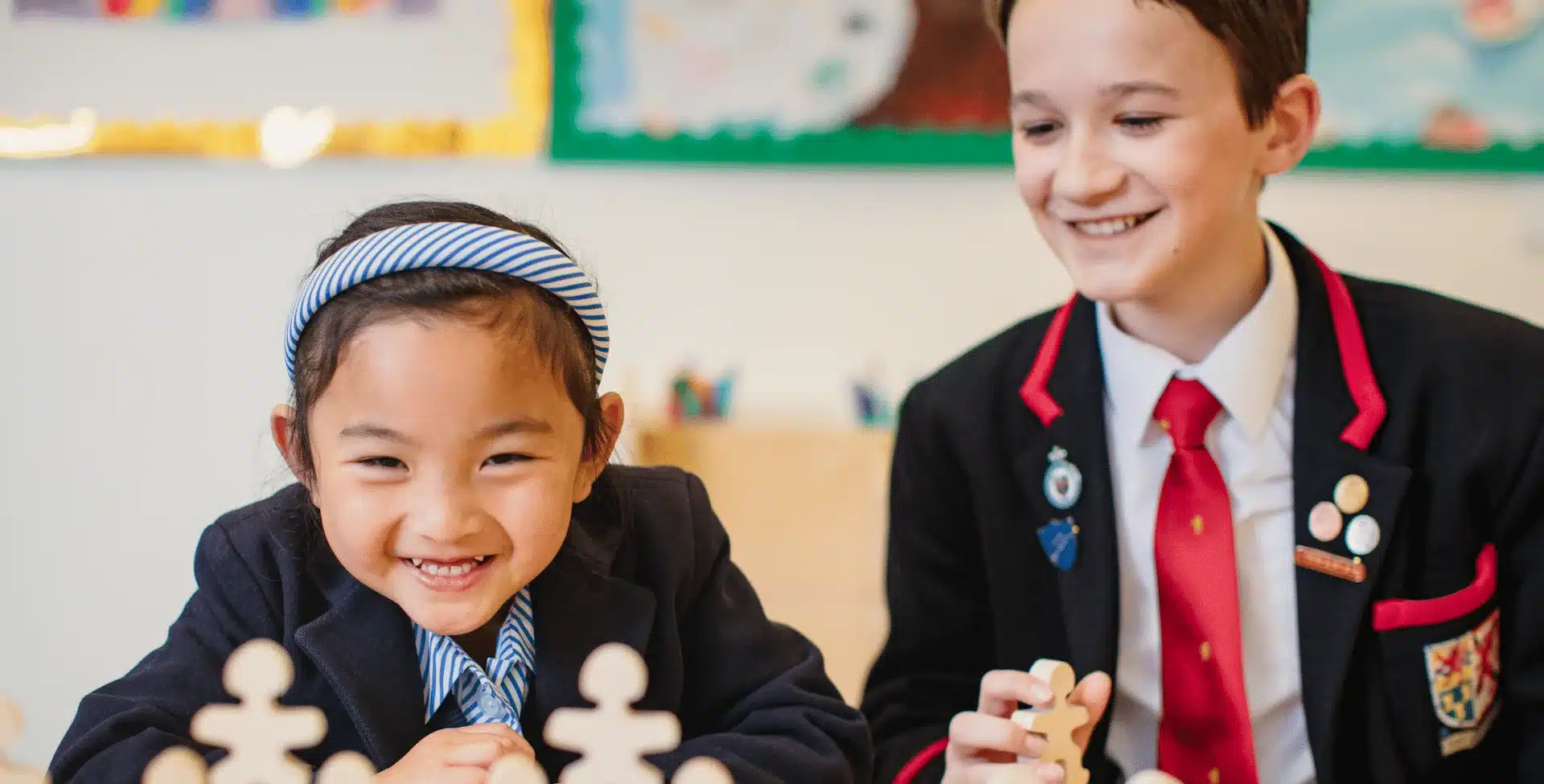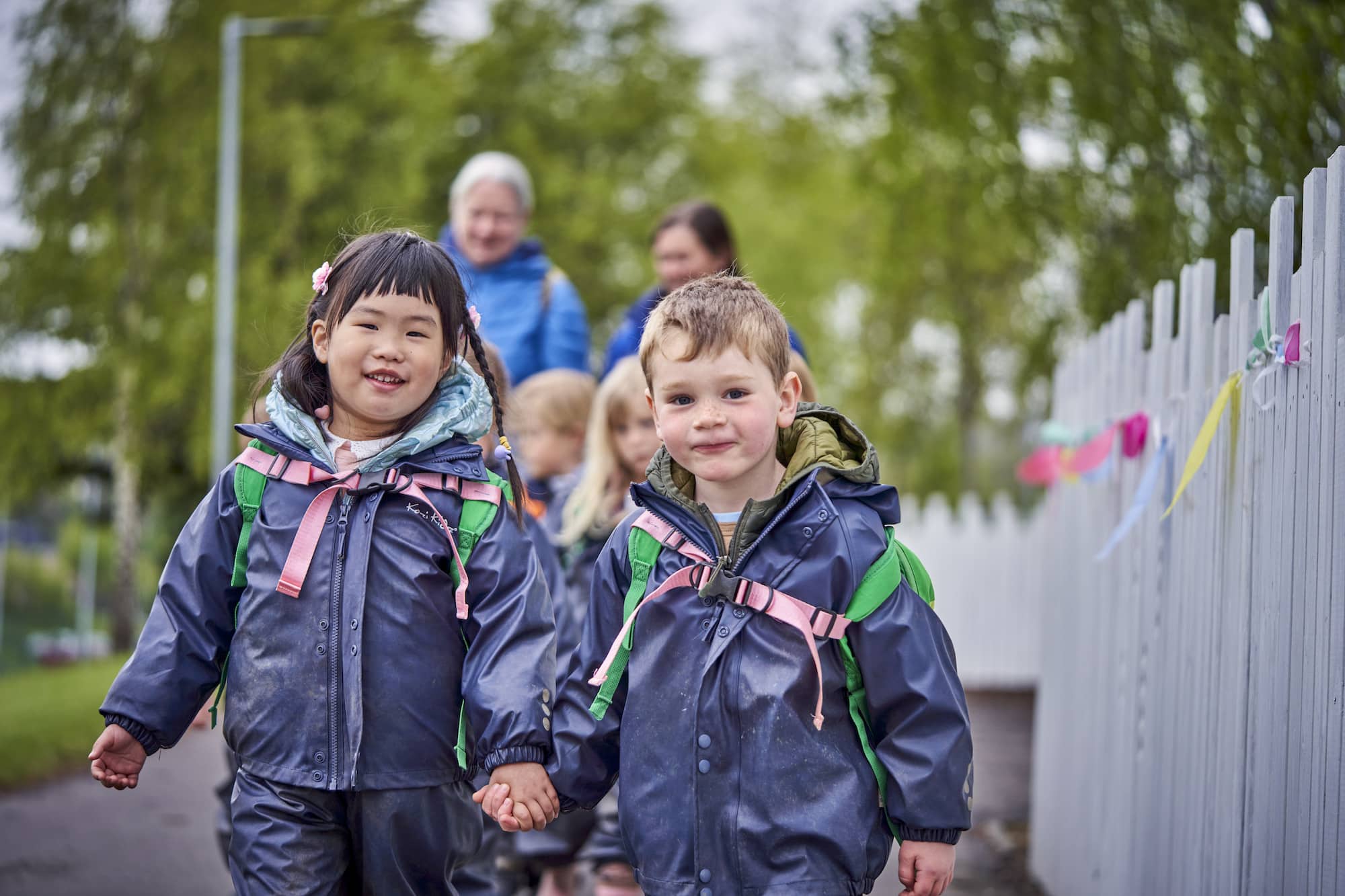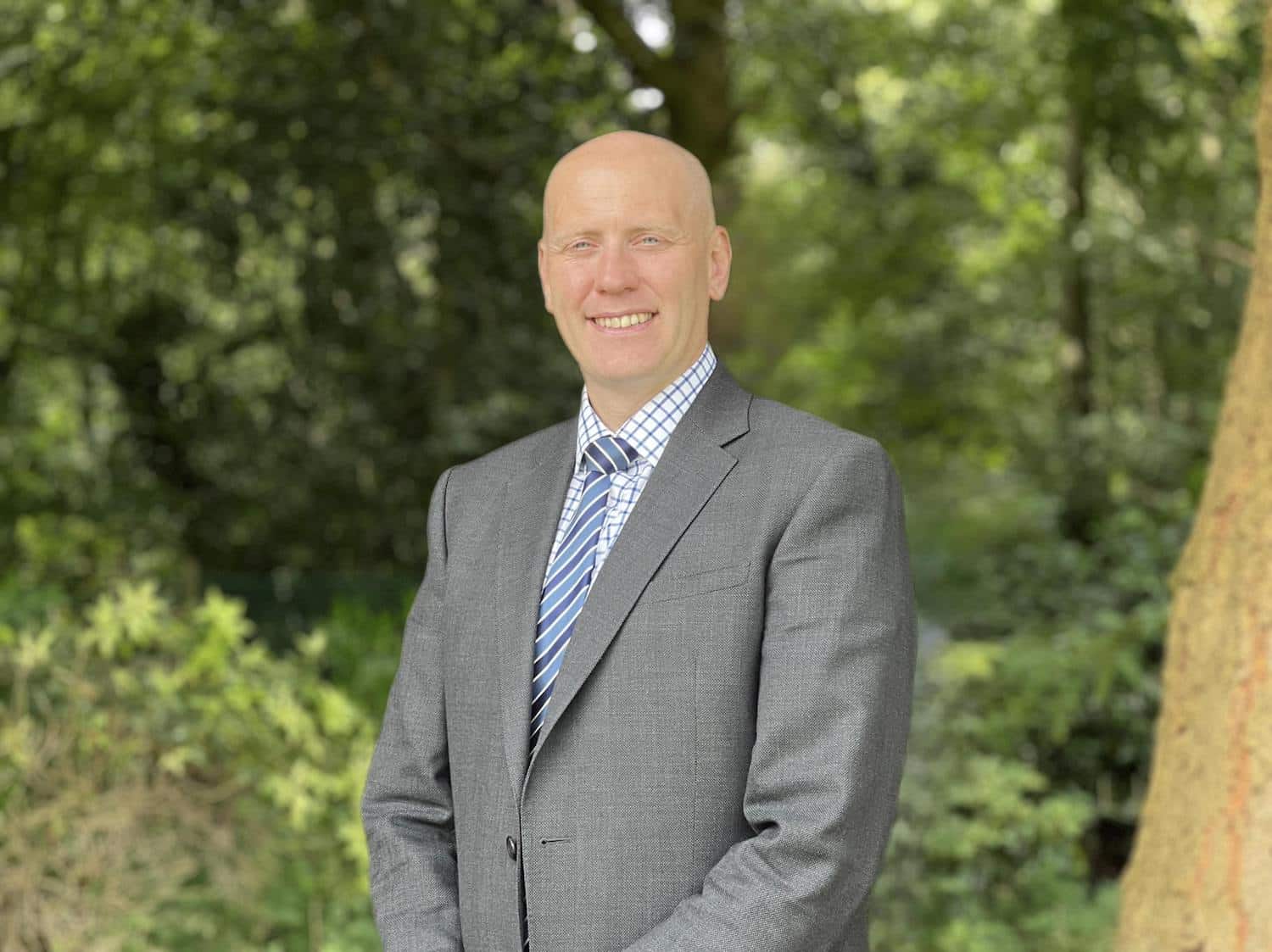Here are four key things to know about our approach to mobile phones and digital wellbeing:
Delaying smartphone use does make a difference
Research and school experience both suggest that waiting longer before introducing smartphones can help children develop stronger relationships and a healthier balance with technology.
“The longer children can go without a smartphone, the more time they have to build confidence, independence, and real-world social skills,” says Rachel. “When the time comes, they’re better prepared to handle the digital world responsibly.”
Find out more about our success in working with our parent community to reduce mobile phones here.
Mobile phones are not used during the school day
In contrast to some Scottish state schools that are only just implementing a ban on mobile phones, our strict no phones policy has been in place for nearly ten years.
“Our policy is designed to give children a break from constant connectivity,” says Principal Anthony Simpson. “It helps them focus on learning, relationships, and enjoying school life without the pressures that can come from being online.”
At the Junior School, mobile phones are collected by teachers at the start of each day and returned when students go home. This ensures that lessons and playtime remain focused and distraction-free. For our Senior School students, all phones must be put away before 8.30am and not appear again until the end of the school day, with strict sanctions in place for those who are tempted to tap.
Supporting families inside and outside School
While phones are not used on campus, challenges often emerge from online interactions beyond school hours. Group chats, social media, and messaging apps can sometimes lead to friendship difficulties that spill over into the classroom.
Head of Digital Learning Rachel Hewitt explains, “We often see the impact of online behaviour on children’s wellbeing and relationships. That’s why we’re focusing on helping families manage these situations before they happen.”
We work closely with parents to provide guidance and reassurance. From information evenings to one-to-one discussions, families are encouraged to share experiences and find consistent approaches.
The Delay Smartphones group, led by an Erskine Stewart Melville parent, Amy Dey, has also been instrumental. The group supports parents who want to postpone introducing smartphones and extends far beyond the school gates. “It’s been brilliant to see parents coming together to reduce the pressure to get a phone early,” says Rachel. More on that here.
A focus on proactive education
Digital citizenship is embedded into lessons and assemblies, teaching students about online safety, respectful communication, and responsible use of technology. Topics are covered in an age-appropriate way through both Digital Learning in our Junior School and Learning for Life sessions throughout the Senior School.
As well as embedding this into the curriculum, our ‘Safeguarding in a Digital World’ event for parents, with child protection specialist Leeanne Turner, is a staple in the school calendar, alongside age and stage appropriate sessions on internet safety delivered by ChildNet. Our own in-house experts also host parent events to share research, successful approaches and shed light on how we can ensure safety in the digital world.
Find out more about our approach
If you would like to hear more on the topic of mobile phones in Schools, listen to our ‘What to do about mobile phones’ podcast episode with Principal Anthony Simpson and our Head of Digital Learning, Rachel Hewitt.

